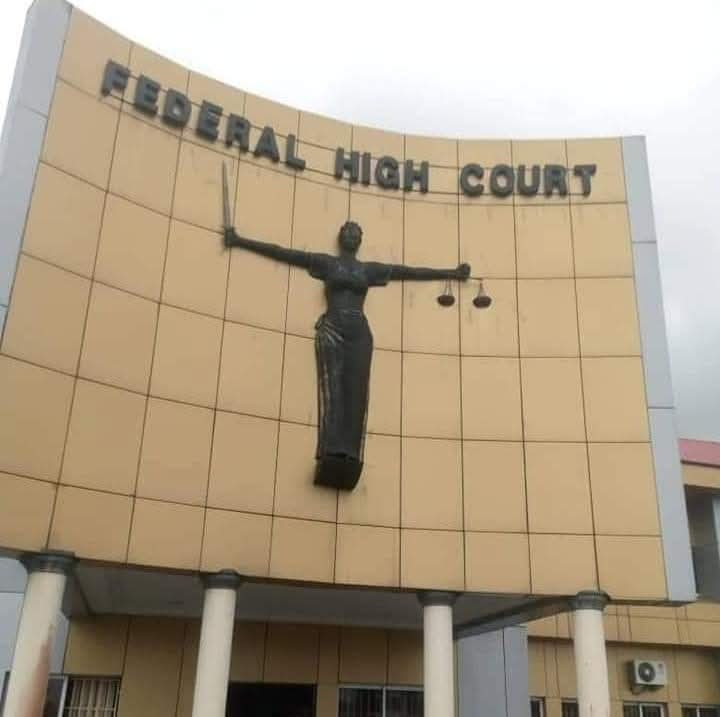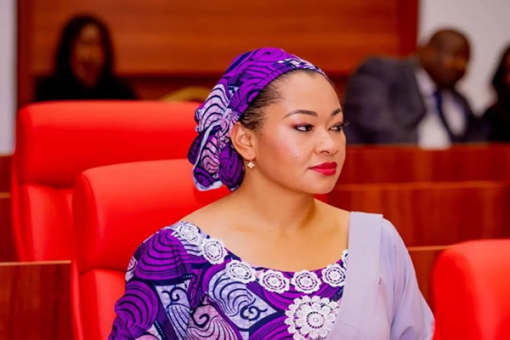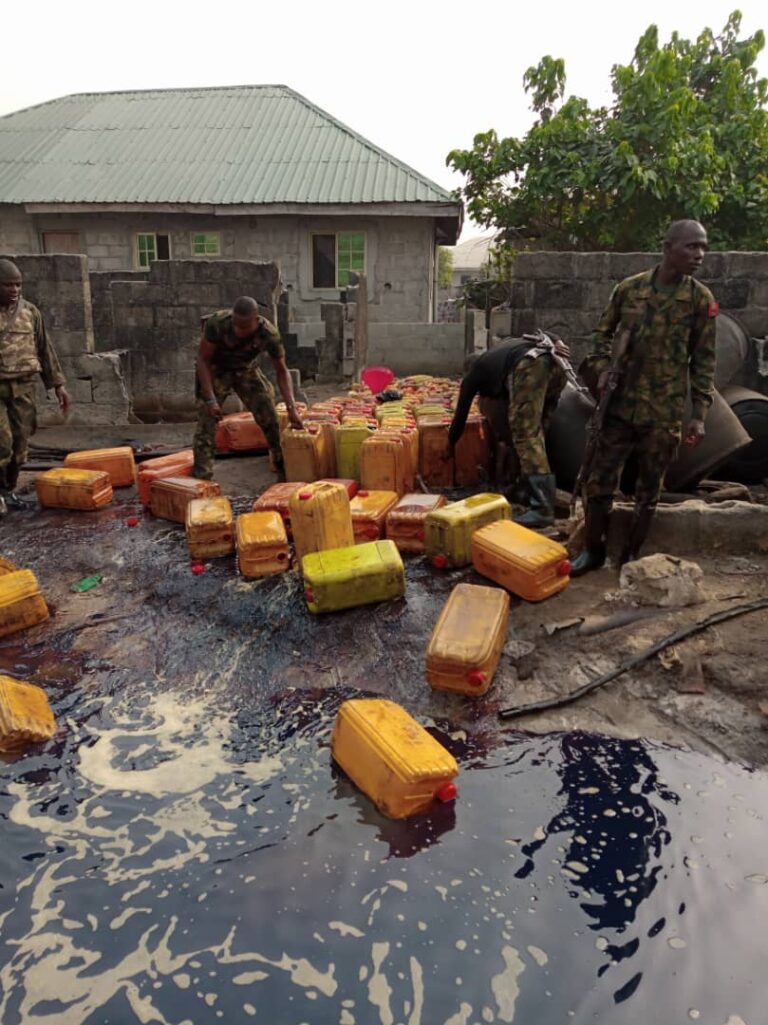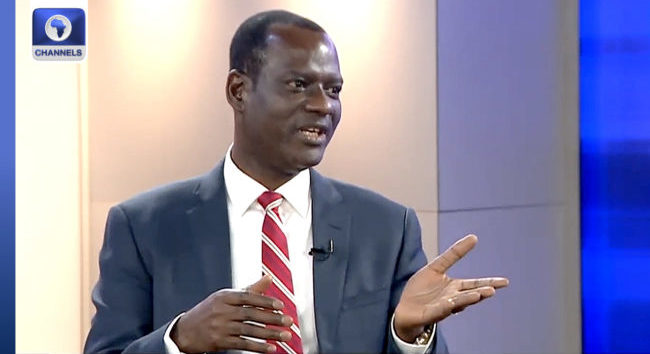A prominent traditional ruler in the Niger Delta, His Royal Majesty Bubaraye Dakolo of the Ekpetiama Kingdom, has filed a major lawsuit demanding $12 billion in compensation from oil giant Shell for decades of environmental degradation in the region.
The legal action, filed at the Federal High Court in Yenagoa, comes as Shell prepares to complete its exit from onshore oil operations in Nigeria. Dakolo, supported by a coalition of civil society groups, insists that the company must clean up polluted areas, decommission obsolete infrastructure, and compensate affected communities before divesting its assets.
This move follows Shell’s recent $2.4 billion divestment deal as it pivots to offshore activities. However, the monarch and his allies argue that Shell is trying to quietly withdraw without addressing the widespread damage allegedly caused by oil spills and gas flaring in the Ekpetiama Kingdom and other parts of the Niger Delta.
“Shell wants to leave behind a mess that has ruined our rivers, farmlands, and livelihoods,” Dakolo said. “We will not accept abandonment.”
The case has been adjourned to July 22. Apart from Shell, the suit also names Nigeria’s Ministers of Petroleum and Justice, as well as the Nigerian Upstream Petroleum Regulatory Commission, as defendants. The plaintiffs are asking the court to stop Shell’s asset transfer until clear agreements are reached on environmental remediation and community compensation.
Speaking on behalf of one of the groups involved in the case, Isaac Asume Osuoka, Director of Social Action Nigeria, stated: “Shell wants to exit with profit, leaving behind toxic air, poisoned water, and broken communities.”
Shell has not responded to the lawsuit at the time of filing this report. The company, like other oil majors, often attributes oil spills to sabotage and pipeline vandalism, claiming adherence to global environmental standards.
This case adds to the growing spotlight on corporate accountability in Nigeria’s oil sector, even as the Tinubu administration pushes to attract more foreign investment through ongoing reforms.




